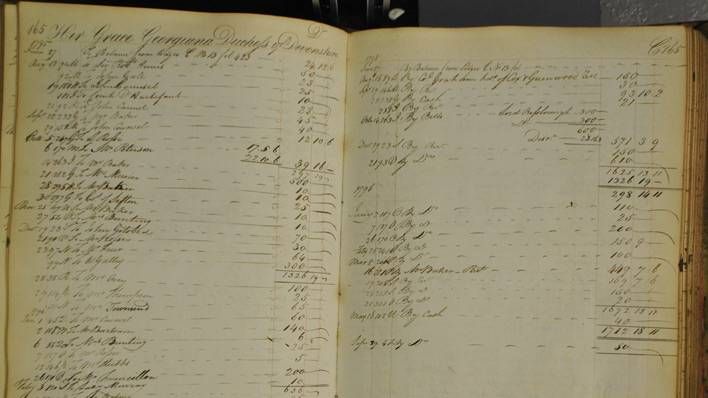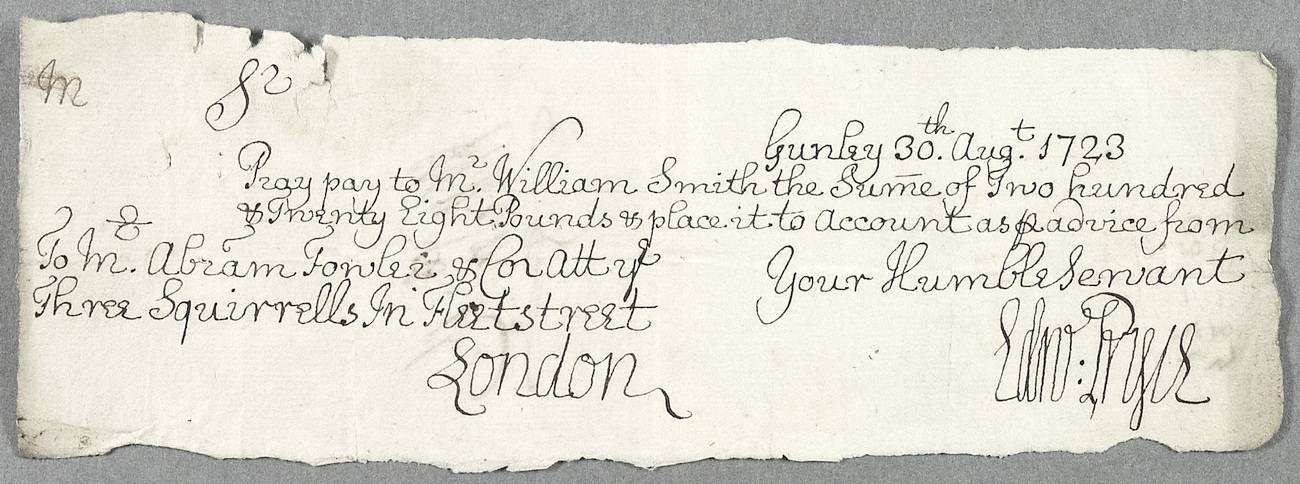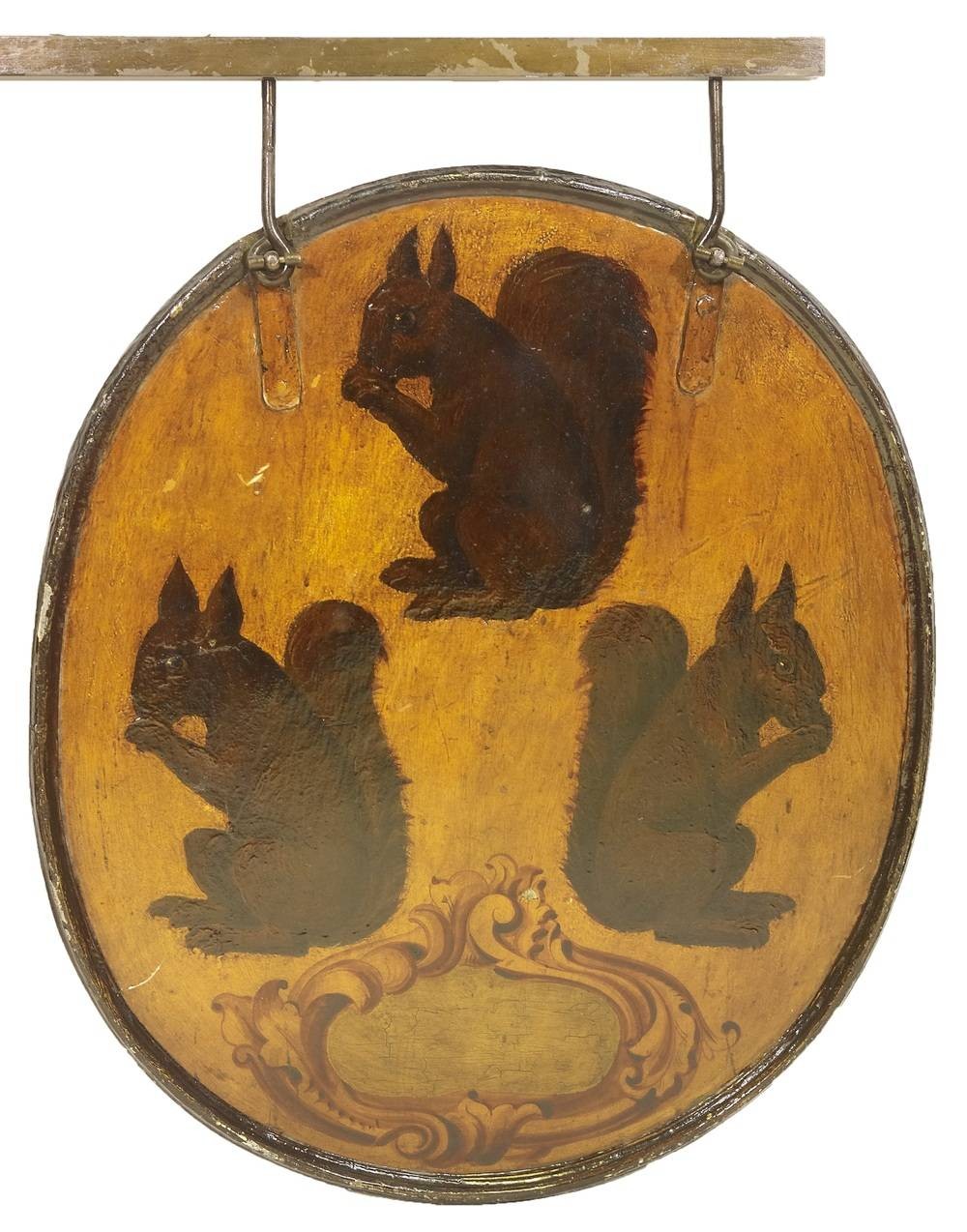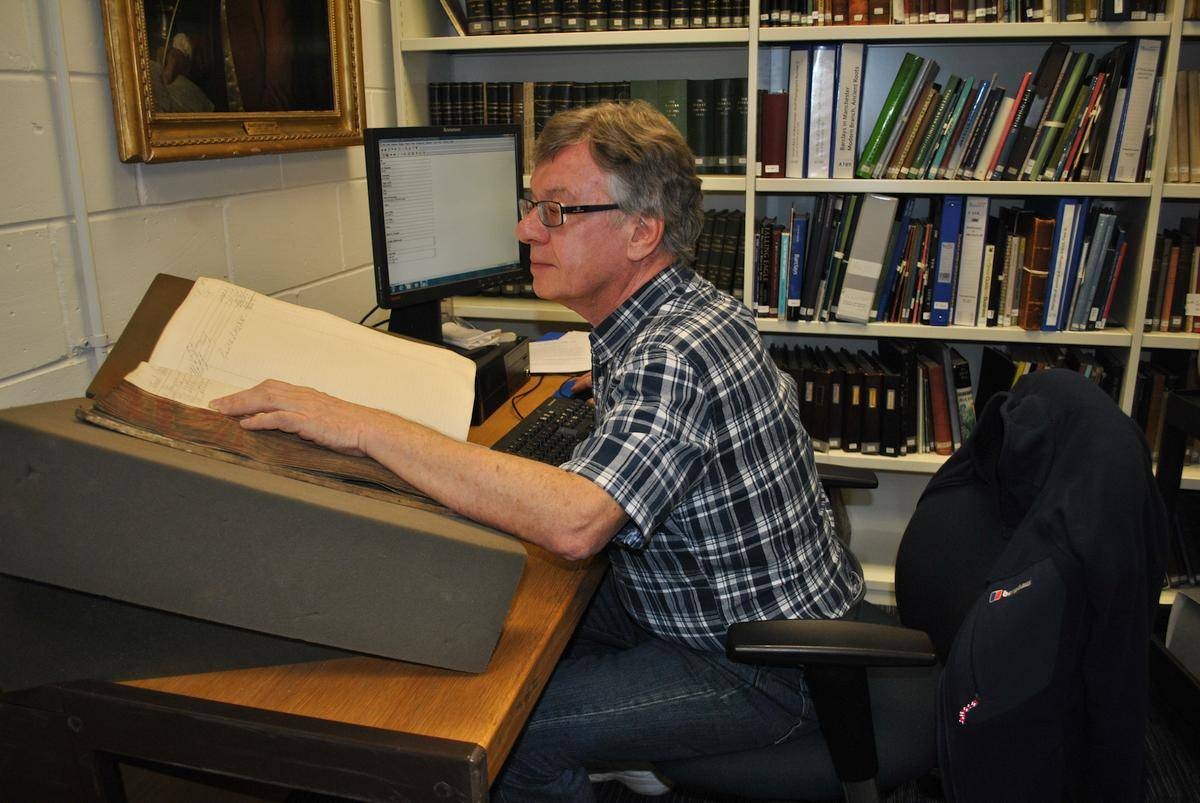
Legends in the ledgers
The poet Alexander Pope, America’s ‘founding father’ Benjamin Franklin and Georgiana Cavendish, Duchess of Devonshire – the great, great, great, great aunt of Diana, Princess of Wales – were all 18th century customers of one of the banks that merged to form Barclays.

Edward Pryce writes to his banker Abraham Fowler requesting a payment to William Smith in one of the earliest cheques in Goslings’ archives
The roll-call of historic customers was unearthed by researchers working on a project to index 654 ledgers from Goslings Bank during the 18th and 19th centuries.
A team of volunteers – made up entirely of ex-Barclays staff – have so far worked their way through 91 of the records, amounting to around 50,000 pages, over the last three years.
The ledgers contain the accounts of thousands of individuals, businesses, charities and other organisations held at the bank between 1717 and 1896 and offer some fascinating insights that would previously have taken days and weeks to uncover.
“Previously it was only possible to discover who was in each volume by searching through the index at the front of each one,” says Maria Sienkiewicz, Barclays Group Archivist.
“The new, digitised index means we can now search for specific customers in a matter of seconds.”

The sign of the three squirrels hung outside Goslings’ Bank at 19 Fleet Street, still the site of a branch of Barclays Bank
Other notable names that banked with Goslings include Edward Austen, later Edward Knight, the brother of novelist Jane Austen; Thomas Longman, founder of the publishers Longmans; and the painter Sir Edwin Landseer.
St Johns College, Oxford, and St Johns College, Cambridge, both founded in the 16th century, had accounts with the bank, as did The Times newspaper, The Law Society, the Stationers Company and the Society of Licensed Victuallers – the formal name for pub landlords or others selling alcohol.
Other accounts reveal interesting detail about the time. One was set up to collect donations for people affected by the ‘Great Beer Flood’ of 1814, which happened when a huge vat of beer at Meux and Co’s Horse Shoe brewery on the corner of Oxford Street and Tottenham Court Road in London collapsed, sending millions of pints of beer flooding through nearby streets and buildings.
Because of its location near an overcrowded and poorly built slum known as the ‘rookery’, the flood caused huge damage, killing at least eight people and injuring many more. The accident cost the brewery about £23,000.
Well meaning individuals also set up accounts for the poor of Ireland and for the victims of a fire in Montreal, Canada, in 1665, which destroyed 108 houses.
The Jennerian Society for Vaccine Innoculation, which was at the time attempting to rid the UK of smallpox, was also an account holder. Another account, for Penitent Prostitutes, was apparently never particularly well subscribed.
The Goslings records also contain one of the earliest cheques in the Barclays archives. At this time, cheques were simple handwritten orders to pay, and in this example Edward Pryce Esq. of Gunley Hall near Welshpool in Wales is writing to his banker Abraham Fowler ‘att the three squirrells in Fleet Street’ asking for the sum of £228 to be paid to William Smith; the payment is also recorded in the ledger.

Alan Thomond, who worked for Barclays for 33 years, is one of four volunteers indexing 654 ledgers from the archives of Goslings Bank
The four volunteers who have unearthed such incredible detail are all former Barclays colleagues, now retired, who have each given two hours of their time every week for the past three years.
One of them is Alan Thomond, who worked at Barclays for 33 years until retiring in 2000 and has been working on the project since July 2014. “Having indexed 91 ledgers between just the four of us is quite an achievement, though I personally get even more satisfaction at the thought of people being able to make use of the information in them,” he says. “The chance of me seeing the project through to the end is probably a bit slim – but who knows!”
“Many of our retired colleagues worked for Barclays their entire career, and still feel a great deal of loyalty to the organisation,” says Sienkiewicz, whose team approached retired staff living near Group Archives in Manchester. “So we were not altogether surprised to find four committed volunteers.”
Goslings Bank originated in the business of Henry Pinckney, a goldsmith-banker who began trading in about 1650 at the sign of the Three Squirrels, which later became No. 19 Fleet Street, London. The first Gosling partner entered the business in 1742. It later became Goslings and Sharpe, before merging with 19 other banks to become Barclay & Company Limited in 1896.
The site is still a Barclays branch today, and although it was rebuilt at the end of the 19th century, it is thought to be the oldest bank in Britain in terms of continuous operation on one site.